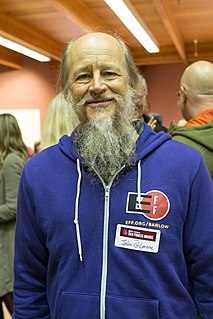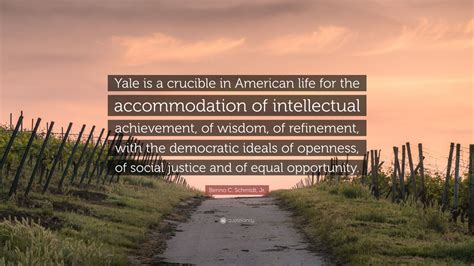A Quote by David Hogg
Related Quotes
You have plenty of liberals out there who are all for the cops raiding their political enemies, they're all for the cops doing whatever they have to do to get whatever goods they want on their political enemies. And yet the Patriot Act comes, oh, you can't do it, it's an invasion of privacy. And yet in some cases they don't care about other people's privacy. Privacy is irrelevant to them depending on what the target is.
What I do think is important is this idea of a 'privacy native' where you grow up in a world where the values of privacy are very different. So it's not that I'm against privacy but that the values around privacy are very different for me and for people who are younger than my parent's generation, for whom it's weird to live in a glass house.




































